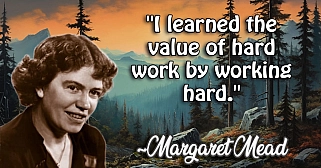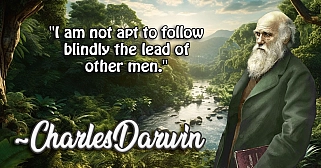Nikola Tesla: The Visionary Inventor Who Changed the World
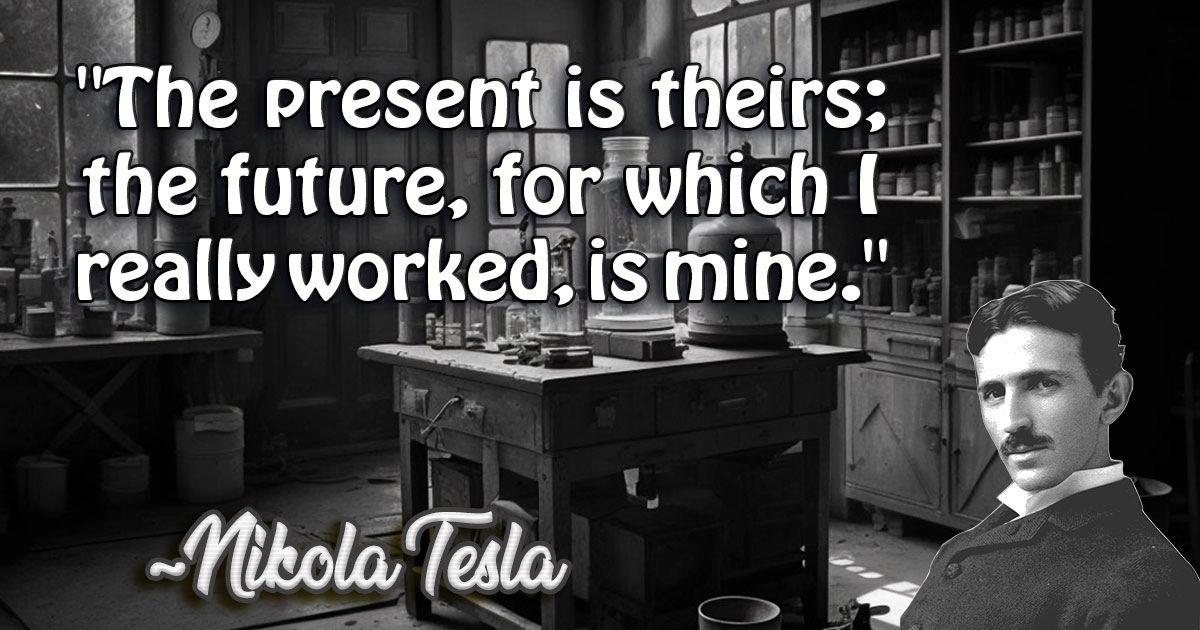
Nikola Tesla
Nikola Tesla, a name synonymous with innovation and genius, was an inventor, electrical engineer, mechanical engineer, and physicist whose contributions to modern technology are immeasurable. Born on July 10, 1856, in Smiljan, Croatia, Tesla’s work laid the foundation for many of the electrical systems we rely on today. His visionary ideas and inventions continue to inspire and impact the fields of science and technology.
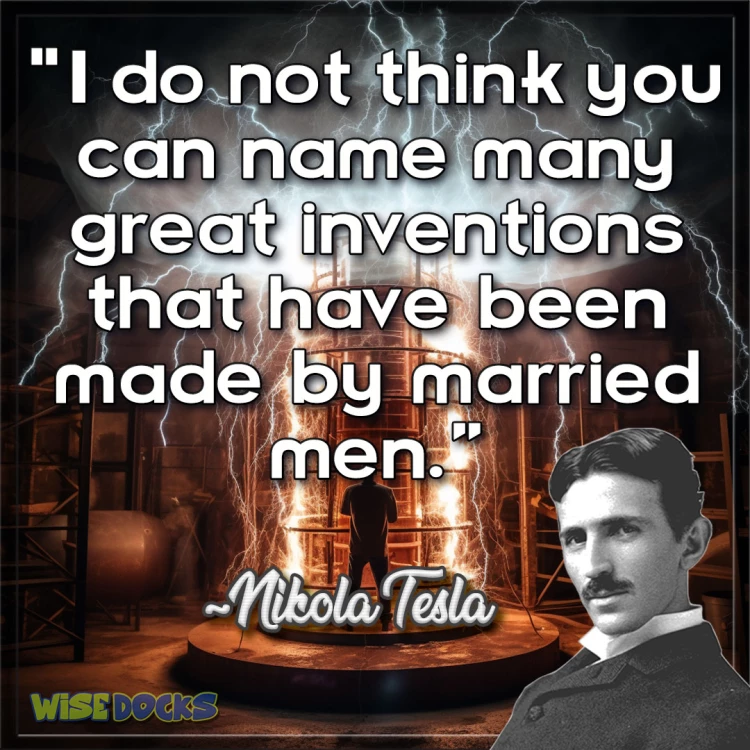
Early Life and Education
Tesla was born into a Serbian family. His father, Milutin Tesla, was a priest and writer, and his mother, Georgina Đuka Tesla, was an inventor of household appliances. Tesla’s interest in engineering was influenced by his mother's creativity and his father's intellect. Despite facing health challenges and financial difficulties, Tesla’s curiosity and determination drove him to pursue education and innovation.
Tesla attended the Austrian Polytechnic in Graz and later moved to the University of Prague. Although he never completed a degree, his time at these institutions provided him with a strong foundation in physics, mathematics, and engineering. Tesla’s early work experiences included a position at the Budapest Telephone Exchange and later at the Continental Edison Company in Paris, where he honed his skills and developed an interest in alternating current (AC).
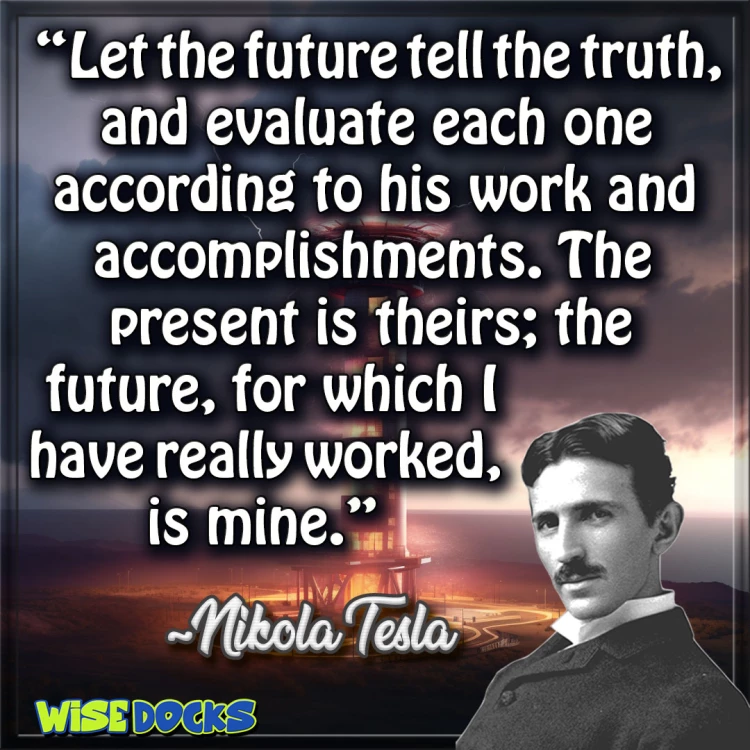
Moving to America
In 1884, Tesla emigrated to the United States, arriving in New York City with little more than a letter of recommendation and a head full of ideas. He began working with Thomas Edison, the prominent inventor and businessman. Although Tesla admired Edison’s work, the two had conflicting views on electrical systems. Edison favored direct current (DC), while Tesla championed alternating current (AC), which he believed was more efficient for long-distance power transmission.
The War of Currents
The disagreement between Tesla and Edison led to what is known as the "War of Currents." Tesla joined forces with George Westinghouse, an industrialist who saw the potential of AC. Together, they embarked on a campaign to promote AC over Edison’s DC. Despite intense opposition and a smear campaign led by Edison, Tesla and Westinghouse succeeded in demonstrating the superiority of AC.
Their victory was solidified at the 1893 World’s Columbian Exposition in Chicago, where Tesla’s AC system powered the entire fair, showcasing its efficiency and safety. This success led to the adoption of AC as the standard for electrical power distribution, a system still used today.
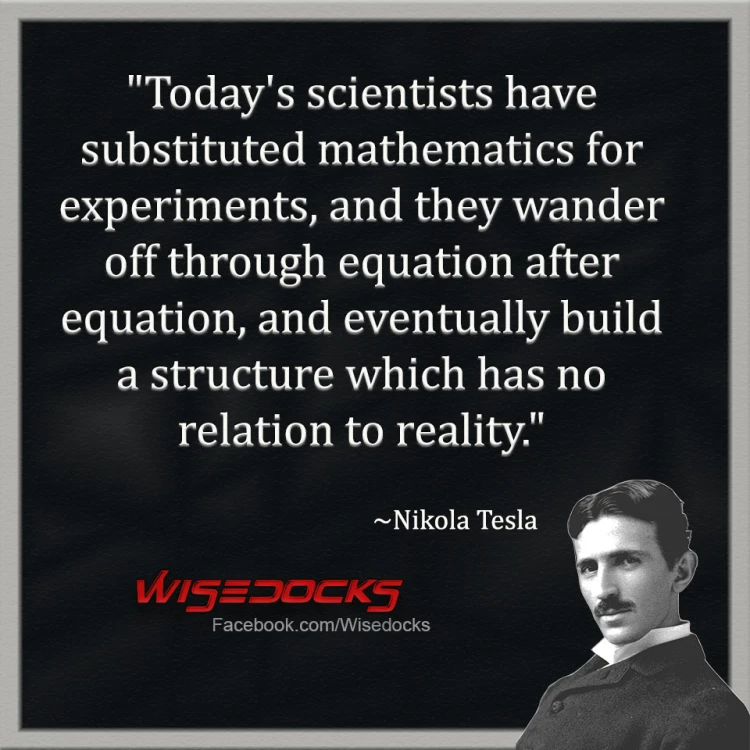
Major Inventions and Contributions
Tesla’s contributions to science and technology extend far beyond the development of AC. His inventions and theoretical work have had a lasting impact on various fields.
Induction Motor and Polyphase System
Tesla’s invention of the induction motor and the development of the polyphase AC system revolutionized the field of electromagnetism. These innovations made it possible to transmit electrical power over long distances efficiently, paving the way for the widespread use of electricity.
Tesla Coil
One of Tesla’s most famous inventions, the Tesla coil, is a resonant transformer circuit that produces high-voltage, low-current electricity. The Tesla coil has been used in various applications, including radio transmission, wireless communication, and medical devices.
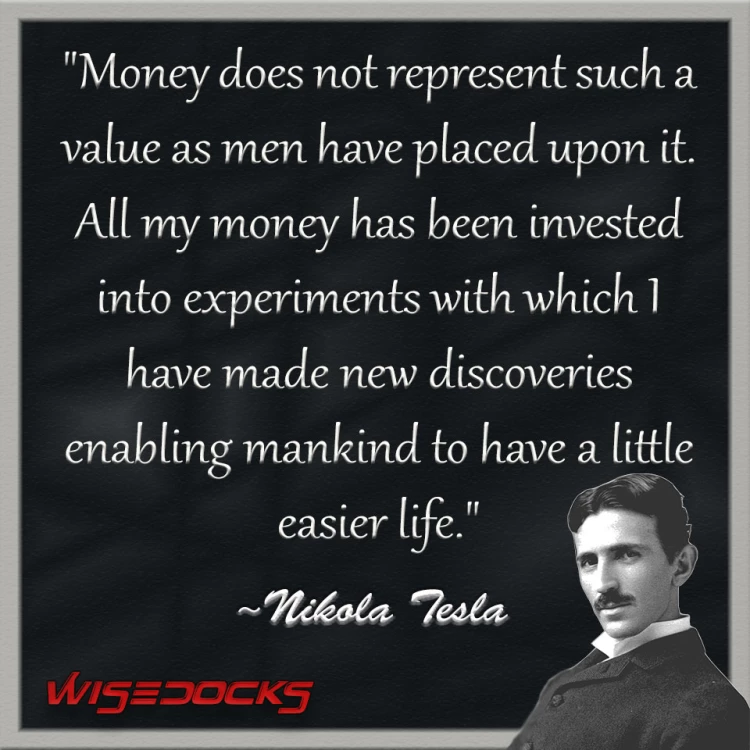
Wireless Transmission
Tesla was a pioneer in the field of wireless communication. He envisioned a world where information and power could be transmitted wirelessly. Although he did not achieve this goal in his lifetime, his work laid the groundwork for modern wireless technologies, including radio, television, and even the internet.
Radio
While Guglielmo Marconi is often credited with the invention of radio, Tesla’s work on wireless transmission played a crucial role in its development. In 1943, the U.S. Supreme Court recognized Tesla’s contributions by awarding him the patent for the invention of the radio.
X-rays
Tesla’s experiments with high-frequency currents and electromagnetic waves contributed to the early understanding of X-rays. He conducted experiments that demonstrated the potential of X-rays for medical imaging, a technology that has become indispensable in modern medicine.
Later Years and Legacy
Despite his many achievements, Tesla struggled financially later in life. His visionary ideas were often ahead of their time, and he faced challenges in securing funding and support. Tesla spent his final years in relative obscurity, living in a New York hotel room. He continued to work on new ideas and inventions until his death on January 7, 1943.
Tesla’s legacy, however, is enduring. His work has had a profound impact on modern technology, and he is celebrated as one of the greatest inventors and visionaries in history. Tesla’s name has been immortalized through various honors, including the Tesla unit of magnetic flux density and the electric car company Tesla, Inc., founded by Elon Musk.
Memorable Quotes by Nikola Tesla
Tesla’s insights into science, technology, and the human condition are reflected in his many memorable quotes. Here are a few that continue to inspire:
- "The present is theirs; the future, for which I really worked, is mine."
- "If you want to find the secrets of the universe, think in terms of energy, frequency, and vibration."
- "The scientists of today think deeply instead of clearly. One must be sane to think clearly, but one can think deeply and be quite insane."
- "Our virtues and our failings are inseparable, like force and matter. When they separate, man is no more."
Nikola Tesla’s life and work are a testament to the power of imagination, determination, and innovation. His contributions to science and technology have shaped the modern world, and his visionary ideas continue to inspire new generations of inventors and thinkers. Tesla’s legacy is a reminder that the pursuit of knowledge and the quest for innovation can lead to remarkable advancements and a better future for all.

